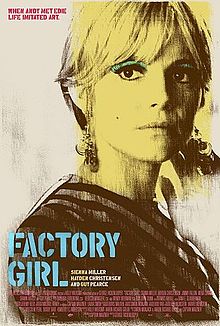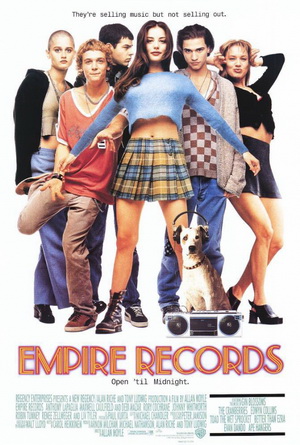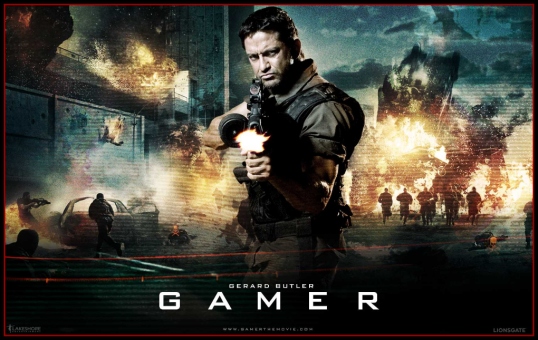Welcome to Late Night Retro Television Reviews, a feature where we review some of our favorite and least favorite shows of the past! On Tuesdays, I will be reviewing Gun, an anthology series that ran on ABC for six week in 1997. The entire show is currently streaming on Tubi!
This week, the gun ends up at the bottom of a swimmin’ hole!
Episode 1.5 “The Hole”
(Dir by Ted Demme, originally aired on May 24th, 1997)
Yep, this episode of Gun centers around an old country swimming hole. Every day, teenage Sondra (Kirsten Dunst) and her younger brothers, Brendan (Drake Bell) and Tad (Joe Pichler), head down to the Hole. For Sondra, swimming in the Hole is a chance to escape from her life of living in a trailer park with her trashy mother (Carrie Fisher) and her pervy stepfather (Cliff Bemis). For Brendan and Tad, going to the Hole is a chance to look for the treasure that they are convinced is at the bottom of the water. It is true that there is something shiny in the Hole. Sondra thinks that it might be the diamonds that she could use to finance an escape from the trailer park and a one-way trip down to Florida. Actually, it’s the pearl-handled gun that’s been at the center of every episode of Gun.
(In this episode, it’s suggested that the gun has been at the bottom of the hole for over a year. So, how did it end up in that town in the first place? Is this episode taking place before or after the previous episodes? I guess the simple solution is that it’s not the same gun as the gun seen in the previous episodes but the part of me that loves continuity is having a hard time accepting that.)
The gun belonged to James Munday (Johnny Whitworth), who has only recently been released from prison. He was convicted of murdering his girlfriend and only the fact that he was a minor at the time kept him from being given a life sentence. James claims that his girlfriend died as a part of a failed suicide pact and he’s convinced that the gun in the Hole can prove his innocence.
When James and Sondra meet, it doesn’t take long for them to fall for each other. Sondra remains James of his dead girlfriend and Sondra, like of all of us, is attracted to brooding rebels. However, when the rest of the town hears that James has been going to the Hole, a lynch mob is formed. Dick Sproule (Max Gail), the father of the girl that James was convicted of killing, is soon at the Hole with a rifle in his hands. Can James prove his innocence and will the town even care?
This episode was extremely overwrought and it featured every flaw that tends to turn me off of anthology shows in general. All of the characters were broadly drawn. The dialogue was way overwritten. Director Ted Demme told the story with a heavy-hand and used slow motion as if he was under the impression that he was the first director to ever consider heightening the drama by slowing things down. The whole thing just felt like a bad creative writing assignment. Out of the cast, only Kirsten Dunst was able to really create a character who felt as if she had a life outside of the demands of the story. Everyone else seemed to be a caricature. In the end, James may have been a hot, brooding rebel but he was also kind of whiny. That got old pretty quickly.
*Sigh* Well, that’s another disappointing episode of Gun for you! Next week, I’ll be reviewing the series finale. Hopefully, this show will at least end on a worthwhile note.












